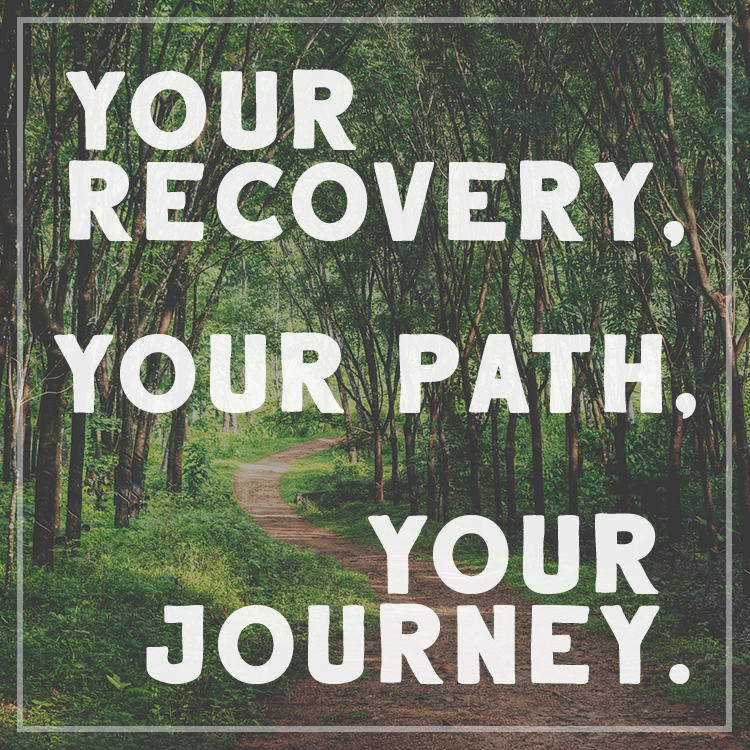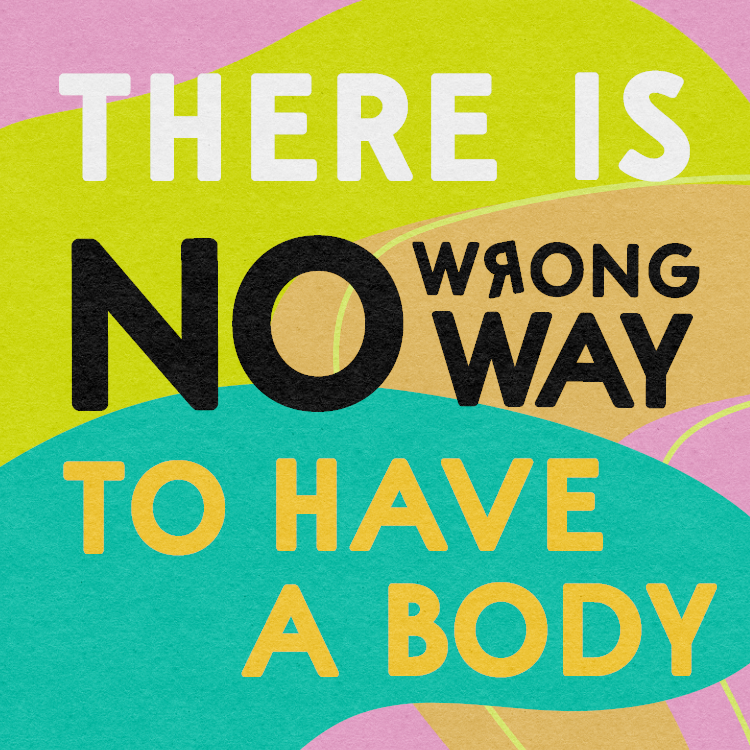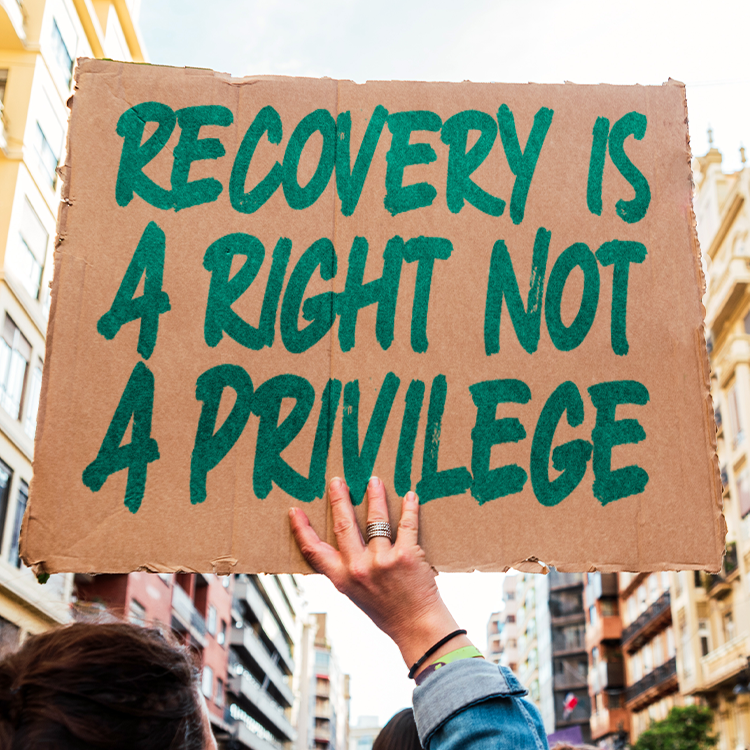Our Mission
MEDA is dedicated to the prevention and compassionate treatment of eating disorders so that Every Body has access to recovery and support.
In pursuit of our mission we:
- Provide and expand access to treatment and recovery services.
- Educate our community and raise awareness.
- Train professionals in the latest innovative treatment strategies and modalities.
- Advocate for policies that promote equitable access.
Our Vision
We envision a community without eating disorders that promotes a positive body culture.



Land Acknowledgement
The MEDA offices sit on the homelands of the Pawtucket and Massachusett peoples. We acknowledge that we are on their unceded ancestral land and offer our gratitude and respect as we affirm their inherent and treaty rights of this land.
Our Story
MEDA was founded in 1994 by Rebecca Manley. Here is the story.
The MEDA Story
The beginning of my journey through an eating disorder and into recovery began in third grade. In school we were all sitting cross legged on the floor and I have a vivid memory of looking around and thinking ‘gosh, my legs are so much bigger than everyone else’s.’ That was the first time I began to believe that my body simply was not good enough. It took me many years to realize how untrue that thought was.
Reward and Praise for Dieting
That year I decided to go on a diet- I thought this would fix this feeling of not being good enough. Once I announced that I was going to lose weight to family and friends, I began getting rewarded and praised for my efforts to change my body. That reinforced the idea that there was something wrong with me. In the years to come, my self-consciousness grew worse. I became more focused on appearance, using food and exercise to manage my weight. From the time I was 13 until I finished high school, I was always on a diet. But it never helped that feeling that I was simply not enough. I didn’t realize at the time that dieting was not the answer.
The Obsession Grew
I think that many people reading this story will recognize themselves in it, because obsession is so much a part of an eating disorder. I was on and off the scale constantly, purging through exercise, consumed with weight, feeling fat and anxious all the time. In college, I was formally diagnosed with anorexia.
What the Therapist Told Me
It was 1986 and I was very, very sick. That summer, my parents didn’t know if I was ever going to get better. They hired the best eating disorder therapist they could find. “This eating disorder is something you’re going to have to live with for the rest of your life” said the therapist. At the time, I believed him. What I know now is that full recovery from an eating disorder is possible.
Recovery is Possible. Recovery is Real.
I learned that recovery is possible from personal experience. I started MEDA because I never wanted anyone to hear the words that recovery isn’t possible. I also wanted to provide training so other therapists and physicians knew it was. I took my suffering, my resilience, my strength, and turned it into something beautiful- a place where people who struggle with food and body image can be heard, get support, and know that recovery is real.
Support Groups Saved Me
While I was recovering, support groups meant everything to me. They were the first time that I realized I wasn’t the only one who felt this way – and I wasn’t alone. Professionally run support groups were one of MEDA’s first accomplishments back in 1994. But there was so much more we needed to do. I thought to myself, if I had just been diagnosed in middle school, how different my life would have been. So we began an education program to help teachers, parents and school professionals identify eating disorders sooner rather than later.
25 Years Later
From our humble beginnings in a basement in Brookline to our professional offices today, MEDA has grown from a tiny organization to one that touches tens of thousands of lives every year. In that time, eating disorders have become recognized as illnesses that destroy lives, and the MEDA staff work tirelessly to help those in need. While shame and stigma still exist, the conversation around eating disorders is now a national one. And yet, it’s still not enough.
The Conversation Must Continue
MEDA has more to do, more to say, and much more to accomplish. It is our responsibility to continue amplifying the message that eating disorders impact millions in the United States, to reach more people with outreach and education, to speak out about unhealthy body image, and to find people the help they so desperately need. We will never stop working to support those with eating disorders and their families. We look forward to the day where we can live in a world where eating disorders do not exist. It will take the help of our whole community to help this dream come true.
If you’re already a MEDA supporter, thank you. If not, I hope you’ll become one today.

Help Us Save More Lives
Every 52 min someone dies from complications due to an eating disorder and 28.8 million people in the US will struggle with an eating disorder.
Donate Now! Healing Shop



